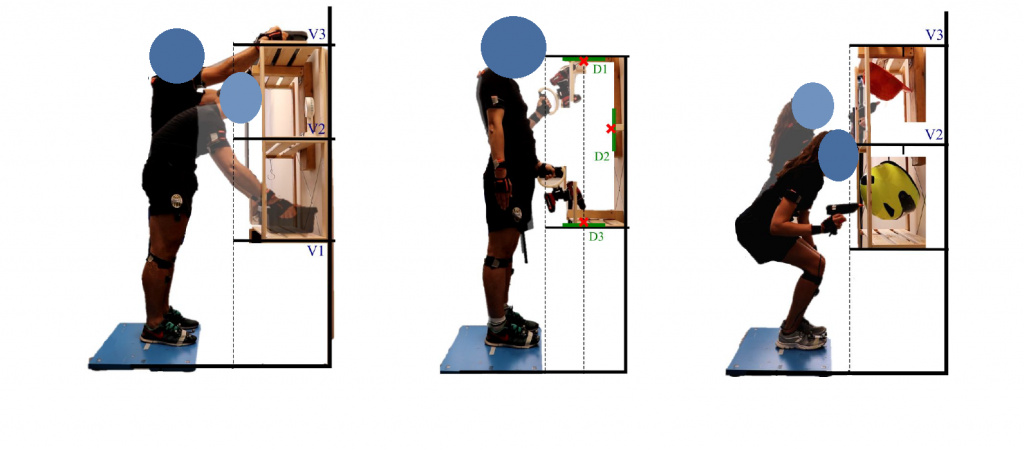Marco Baracca, Guiseppe Averta, and Matteo Bianchi
Proceedings of International Workshop on Human-Friendly Robotics

Abstract
Monitoring workers’ status is crucial to prevent work-related musculoskeletal disorders and to enable a safe human-robot interaction. This is typically achieved relying on muscle activation recordings, commonly performed via wearable electromyographic EMG sensors. However, to properly acquire whole-body muscular status, a large number of sensors is needed. This represents a limitation for a real deployment of wearable acquisition systems, due to cost and wearability constraints. To overcome this problem, we propose a solution to provide a reliable muscles estimation from a limited number of EMG recordings. Our method exploits the covariation patterns between muscles activation to complement the recordings coming from a reduced set of optimally placed sensors, minimizing the estimation uncertainty. Using a dataset of EMG data recorded from 10 subjects, we demonstrate that it is possible to reconstruct the temporal evolution of 10 whole-body muscles with a maximum normalized estimation error of 13%, using only 7 EMG sensors.
@inproceedings{baracca2022estimation,
title={Estimation of whole-body muscular activation from an optimal set of scarce electromyographic recordings},
author={Baracca, Marco and Averta, Giuseppe and Bianchi, Matteo},
booktitle={International Workshop on Human-Friendly Robotics},
pages={120--130},
year={2022},
organization={Springer}
}

